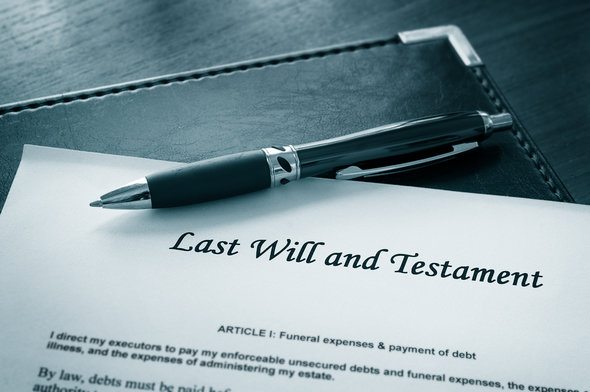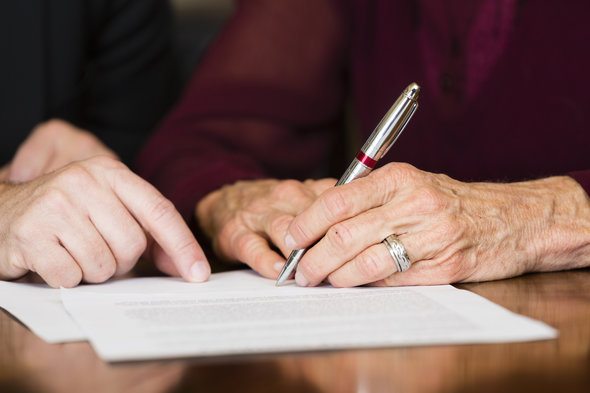Estate planning is something people tend to put off for one reason or another but it’s important that you have certain documents in place to protect your interests. At the very least, you need to draft a last will and testament to spell out what should be done with your assets after you’re gone. Writing a will can be pretty straightforward if you have a relatively small estate but things can get complicated if you’ve built up a significant amount of wealth. If you haven’t gotten started on yours yet, here are the top five mistakes you’ll want to avoid.
Find out now: How much should I save for retirement?
1. Ignoring the Rules
Every state has a different set of guidelines that govern what constitutes a legal will and who can write one. Generally, you have to be at least 18 to make a will, although some states may grant an exception if you’re younger but legally married. Depending on where you live, it may need to be typed, as some states permit handwritten or videotaped wills.
Before you sit down to write your will, you must be clear about what the requirements are; otherwise, you run the risk of it being declared invalid. Specifically, you’ll want to find out if there are any restrictions on age, the number of witnesses that are required, who can serve as a witness and whether the will must be notarized.
2. Naming the Wrong Person as Executor

The executor is the person who’s responsible for settling your estate, paying any remaining debts you may owe, and dispersing your assets to your beneficiaries. The executor doesn’t have to be a financial or legal professional to do the job but they should be someone you can trust to carry out your wishes.
If you put the burden of settling your estate into the hands of someone who’s not up to the task, they could end up creating a huge mess for your heirs to sort out. In the worst-case scenario, an executor may even try to misappropriate some of the estate’s assets for their own personal gain.
3. Not Naming a Guardian for Children
If you have young children, making sure they would be taken care of if something were to happen to you should be a top priority. One of the things that a will allows you to do is name one or more persons to act as their legal and financial guardians in your place. If you don’t appoint a guardian, the court may step in and choose someone on their behalf. This can potentially create unpleasant legal and financial entanglements that could otherwise have been avoided had you named a guardian.
4. Leaving out Certain Assets
The whole point of making a will is to have control over how your assets are divvied up. When you die without one, it’s up to the probate court to parcel out your estate based on the state inheritance laws. If you’ve written a will but you’ve forgotten to include certain assets, they automatically become subject to the state rules. Even if it’s something seemingly minor, like your grandmother’s China collection, you want to make sure you’re including everything so there are no disputes over who gets what later on.
5. Forgetting to Update the Will

One of the biggest mistakes you can make with a will is forgetting to update it when your circumstances change. Getting divorced, getting married or having a child are all examples of situations where a review may be necessary. Taking a glance at your will every so often can keep you from unintentionally creating problems for your heirs if you were to die unexpectedly.
Perhaps the very worst thing you can do when it comes to your will is to not write one at all. If it’s fallen to the bottom of your to-do list, there’s no time like the present to tackle the job. Just make sure you don’t commit any of these potentially disastrous errors.
Photo credit: ©iStock.com/RichLegg, ©iStock.com/courtneyk, ©iStock.com/zimmytws
